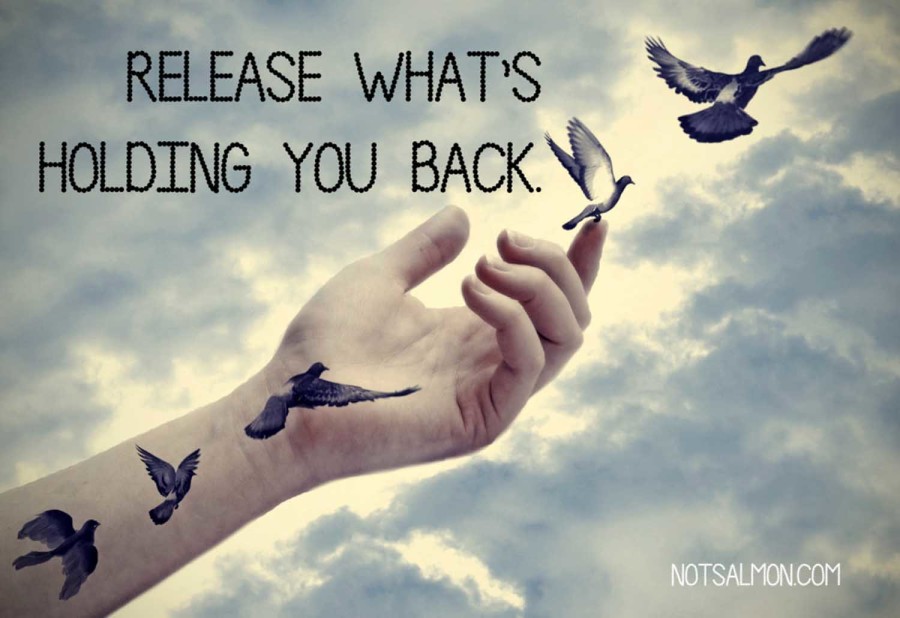Resentment is the “number one” offender. It destroys more alcoholics than anything else. [Alcoholics Anonymous, pg 64]
Resentment is toxic to alcoholics and addicts. The longer a resentment festers, the more damage the resentment can do to our psyche, and harboring a resentment can lead to all kinds of absurd behaviors, including using so that we don’t have to feel the feelings of the resentment.
…this business of resentment is infinitely grave. We found that it is fatal. For when harboring such feelings we shut ourselves off from the sunlight of the Spirit. The insanity of alcohol returns and we drink again. And with us, to drink is to die. [Alcoholics Anonymous, pg 66]
Resentment is like a thief, taking your energy, emotions, thoughts, and any hope of joy or serenity. The person or institution that you resent is not hurt or bothered by your resentment. The only person hurting over this resentment is you.
I’ve heard it said that having a resentment toward someone is like drinking poison and expecting the other person to die. This is a pretty good analogy for me to use when I’m looking at a resentment. It’s pretty easy to see how the other person is not going to feel any ill-effect of my resentment (poison) toward them.
In the early years of my sobriety, I was filled with ‘justified’ resentment. I was separated from my abusive spouse of 15 years and HE had my three small children. I was angry at God. How could God allow this? I was a good person and loved my kids deeply. I worried for their physical and mental safety. For a while, I didn’t even know where they were. I had a resentment against HIM and a resentment against God (and against myself). I could feel these resentments raging through my veins like the alcohol used to…only, I didn’t get drunk, I just got more and more angry. I finally came to the conclusion that there could not possibly be a God – or any other Higher Power.
I stayed sober for 7 years stuck on Steps 2 & 3. I filled 6 filing cabinet drawers taking my ex-husband back to court each time he failed to comply with a court Order. I was a victim (I couldn’t see my part in any of this), fighting for my rights and fighting for what I thought was best for my kids, driven by a persistent resentment toward him. Each time I took him back to court, I won. This fueled my ever-growing resentment. The hate that I felt was deep and I was raw.
During this time, I had finally come to a place where I could no longer deny that there was a Higher Power. I had witnessed miracles in my life and had felt the love of a power greater than myself. I did not, however, work on the causes and conditions of my thinking, nor did I work any kind of real program of recovery. I was ‘too busy living life’. I was going to talk therapy and E.M.D.R. therapy. I was actively searching for the ‘answer’ to how to forgive actions that seemed unforgivable.
After 7 years of living without drinking (but not treating my alcoholism), working, therapy, and in and out of court, I drank again. It started out with just a drink now and then. Within a year, I was drinking every day and my alcoholism was much worse than when I first got sober. Over a period of the next three years, I continued to drink, thinking I was hiding it from everyone. I lost a good job and damaged the relationships I had rebuilt with each of my children. My new husband was frustrated and scared (he had more than 20 years of sobriety when we met). I was still drinking at the resentments I had fostered all these years.
The only thing I remember about the last 3 days of my drinking was agreeing to go to rehab. That was my moment of complete surrender. I had finally reached that place of willingness to do whatever it took to get and stay sober…including letting go of ’justified’ resentments.
What I know today is that holding a resentment – re-feeling something – is deadly for me and if I choose to harbor a resentment I am choosing to be miserable. I have a choice in what to do with that feeling. I have some tools to deal with something painful or hurtful as soon as it comes up.
Today I know my abusive ex-husband was mentally ill, and I can suppose that he is spiritually sick as well. I know that I have a life of peace and serenity. I choose not to harbor resentments. I have learned how to forgive and move on. I have learned that forgiving a person has nothing to do with that person deserving forgiveness. It’s about the fact that I deserve to live free of resentment.







